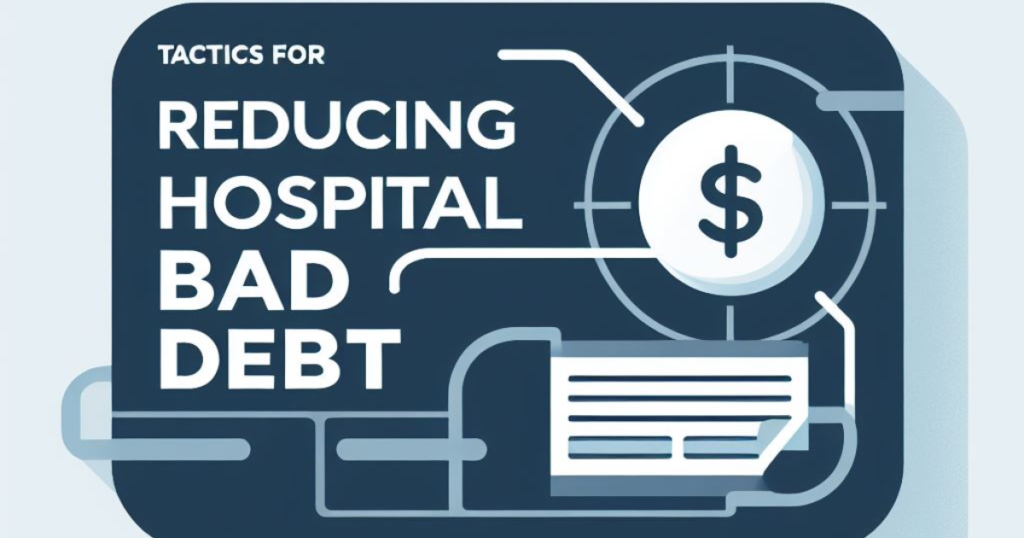
Key Benefits of Interoperability in Healthcare in 2023
In 2023, the key benefits of interoperability in healthcare are becoming increasingly evident. Interoperable systems allow for seamless sharing and exchange of patient health information across different healthcare providers and systems. This improves care coordination, reduces duplication of tests and procedures, and ultimately leads to better patient outcomes.
One major benefit is improved care transitions. With interoperable systems, healthcare providers can easily access a patient’s complete medical history, medications, and treatment plans. This enables them to make informed decisions about the best course of action for the patient, reducing the risk of adverse events during transitions between care settings.
Interoperability also enhances population health management. By aggregating data from multiple sources, such as electronic health records (EHRs), wearable devices, and public health databases, healthcare organizations can gain a comprehensive understanding of their patient populations. This allows for targeted interventions and preventive measures to improve overall population health.
How Interoperability Improves Patient Care and Outcomes
Interoperability plays a crucial role in improving patient care and outcomes by enabling seamless communication and collaboration among healthcare providers. When different systems can exchange information efficiently, it eliminates the need for manual data entry or faxing of documents, reducing the risk of errors or omissions.
This enhanced communication facilitates more accurate diagnoses and treatment plans. For example, if a primary care physician has access to a specialist’s notes or test results through an interoperable system, they can make more informed decisions about the next steps in a patient’s care journey. This eliminates unnecessary delays in obtaining critical information and ensures that patients receive timely and appropriate interventions.
Moreover, interoperable systems enable real-time monitoring of patients’ conditions across different care settings. For instance, if a patient is discharged from a hospital and receives home care, the interoperability of their EHR allows for seamless transmission of vital signs and other relevant data to the home care provider. This facilitates early detection of any deterioration in the patient’s condition and enables prompt intervention, reducing the risk of adverse events or readmissions.
Enhancing Communication Among Healthcare Providers through Interoperability
Interoperability in healthcare greatly enhances communication among healthcare providers, leading to improved collaboration and coordination of care. With interoperable systems, healthcare professionals can securely exchange information such as test results, medication lists, and treatment plans in real-time.
This real-time communication eliminates the need for phone calls or faxes to share critical information. Instead, healthcare providers can access up-to-date patient data directly from their own systems, ensuring that they have the most accurate and complete information at hand when making clinical decisions.
Furthermore, interoperability enables secure messaging platforms that allow for direct communication between healthcare providers. This not only improves efficiency but also promotes interdisciplinary collaboration. For example, a primary care physician can easily consult with a specialist or a pharmacist regarding a patient’s medication regimen without delays or miscommunication.
The Role of Interoperability in Reducing Medical Errors and Improving Patient Safety
Interoperability plays a crucial role in reducing medical errors and improving patient safety by ensuring that accurate and complete health information is readily available to healthcare providers at the point of care. When different systems seamlessly exchange information, it reduces the risk of errors due to incomplete or outdated data.
For instance, if a patient has allergies or adverse reactions to certain medications documented in their EHR, an interoperable system ensures that this information is accessible by all healthcare providers involved in their care. This prevents potentially harmful medication errors that could occur if this critical information was missed or not readily available.
Interoperability also supports medication reconciliation, a process that involves comparing a patient’s current medication regimen to their previous medications. By automatically pulling in medication data from different sources, such as pharmacies and hospitals, interoperable systems enable healthcare providers to accurately reconcile medications and identify any discrepancies or potential drug interactions.
Benefits of Interoperability in Healthcare
Interoperability in healthcare refers to the ability of different healthcare systems and software applications to seamlessly share patient information and communicate with each other. This has numerous benefits for both patients and healthcare providers. One major benefit is improved patient care coordination. When different healthcare systems can exchange information, it becomes easier for healthcare providers to access a patient’s complete medical history, including diagnoses, medications, allergies, and treatment plans. This ensures that all providers involved in a patient’s care have access to accurate and up-to-date information, leading to more informed decision-making and better overall care outcomes. Another advantage of interoperability is increased efficiency and reduced administrative burden. With interoperable systems, healthcare providers can electronically exchange data, eliminating the need for manual data entry or faxing of documents. This streamlines workflows, reduces errors, and saves time for both clinicians and administrative staff.
Challenges in Achieving Interoperability
While the benefits of interoperability are clear, there are several challenges that need to be addressed in order to achieve seamless sharing of patient information across different healthcare systems. One challenge is the lack of standardized data formats and coding systems. Different electronic health record (EHR) systems may use different formats for storing data, making it difficult to exchange information accurately. Additionally, varying coding systems used for diagnoses, procedures, and medications can lead to confusion and potential errors when transferring data between systems. Another challenge is privacy and security concerns. Sharing sensitive patient information requires robust security measures to protect against unauthorized access or breaches. Ensuring that all interconnected systems comply with privacy regulations such as HIPAA (Health Insurance Portability and Accountability Act) adds complexity to achieving interoperability.
Potential Solutions
To overcome these challenges and promote interoperability in healthcare, several potential solutions can be considered: 1. Adoption of standardized data formats and coding systems: Encouraging the use of common data exchange standards, such as HL7 (Health Level Seven) or FHIR (Fast Healthcare Interoperability Resources), can facilitate seamless sharing of patient information between different systems. 2. Implementation of secure data exchange protocols: Utilizing encryption techniques, secure authentication methods, and audit trails can help protect patient data during transmission and storage, ensuring compliance with privacy regulations. 3. Collaboration among healthcare stakeholders: Promoting collaboration between healthcare providers, EHR vendors, and government agencies can drive the development and adoption of interoperable solutions. This includes establishing interoperability guidelines and incentivizing adherence to these standards. By addressing these challenges and implementing potential solutions, healthcare organizations can work towards achieving true interoperability, leading to improved patient care coordination, increased efficiency, and better healthcare outcomes overall.by allowing different healthcare providers to access and share patient information efficiently. This ensures that all relevant parties have access to accurate and up-to-date medica
Reduced Administrative Costs
Streamlined Workflow
Implementing interoperable systems in healthcare settings can lead to reduced administrative costs. By integrating various systems and processes, healthcare organizations can streamline their workflow and eliminate duplicate or manual tasks. For example, an interoperable system can automatically transfer patient information from one department to another, eliminating the need for staff to manually enter data multiple times. This not only saves time but also reduces the chances of errors or discrepancies in patient records.
Efficient Billing and Reimbursement
Interoperable systems also facilitate efficient billing and reimbursement processes. With integrated systems, healthcare providers can easily access accurate and up-to-date patient information, including insurance details and treatment history. This enables them to generate timely and accurate bills, reducing the chances of claim denials or payment delays. Additionally, interoperability allows for seamless communication between healthcare providers and insurance companies, enabling faster processing of claims and reimbursement.
Conclusion:
In conclusion, healthcare interoperability in 2023 offers significant advantages in terms of boosting efficiency and improving patient care. By enabling seamless sharing and exchange of patient health information, interoperable systems enhance care coordination, reduce duplication of tests and procedures, and ultimately lead to better patient outcomes. Interoperability improves communication among healthcare providers, facilitates accurate diagnoses and treatment plans, and reduces medical errors, thus enhancing patient safety. Overall, the benefits of healthcare interoperability in 2023 are evident in its ability to streamline processes and improve the quality of care provided to patients.






